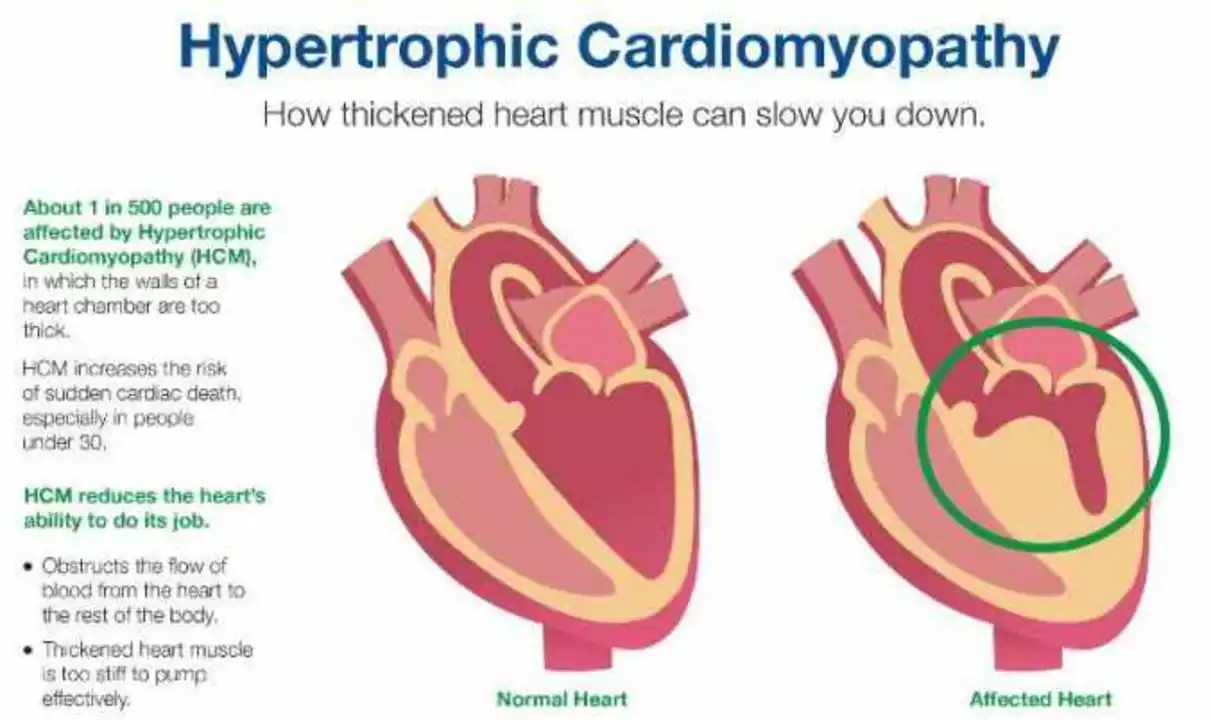Left Ventricular Dysfunction: What It Is and What to Watch For
Left ventricular dysfunction means the left side of your heart isn't pumping blood as well as it should. That can leave you short of breath, tired, or swollen in the legs. Some people notice these signs quickly; others only after activity or a long time. Knowing the causes, tests, and treatment options helps you take control and talk to your doctor with confidence.
Common causes and symptoms
The most common causes are prior heart attacks, long-term high blood pressure, and cardiomyopathy (weak heart muscle). Valve problems, long-standing diabetes, alcohol or drug damage, and some infections can also lead to LV dysfunction. You might notice breathlessness when walking or lying flat, extreme tiredness, cough, swollen ankles, or weight gain from fluid. Sometimes symptoms are subtle—short bursts of fatigue or needing more pillows to sleep—and those matter too.
Symptoms can be sudden (acute) or develop slowly (chronic). Acute cases—like after a big heart attack—need urgent care. Chronic LV dysfunction can be managed well if caught early, so don’t ignore gradual changes in energy or breathing.
Tests, treatments, and daily steps that help
Your doctor will often start with a medical history, physical exam, and simple tests: ECG (electrical tracing), blood tests including BNP/NT-proBNP to check strain on the heart, chest X-ray, and an echocardiogram (ultrasound) to see how well the left ventricle pumps. Sometimes CT, MRI, or a stress test are used for more detail.
Treatment focuses on reducing symptoms, preventing worsening, and fixing the cause when possible. Common medicines include ACE inhibitors or ARBs, beta-blockers, diuretics (water pills), and mineralocorticoid receptor antagonists. Newer options like SGLT2 inhibitors are also used in many patients. If a valve problem or blocked artery is the cause, procedures or surgery may be recommended. In advanced cases, devices (ICD, CRT) or even transplant are options.
Small daily steps matter: follow your salt and fluid limits if advised, take medicines exactly as prescribed, weigh yourself daily to spot fluid gain, stay active within limits, and quit smoking. Vaccines (flu, COVID) help reduce stress on the heart. Work with your care team to set realistic activity and diet goals.
When to call for help? Seek immediate care for sudden severe breathlessness, chest pain, fainting, or very fast/slow heartbeats. For gradual changes—worse shortness of breath, more swelling, or sudden weight gain—contact your provider quickly.
If you want, use this tag page to explore related articles on medications, treatments, and heart health. Learning the basics of left ventricular dysfunction makes conversations with your doctor clearer and helps you take practical steps every day.

 May, 9 2023
May, 9 2023